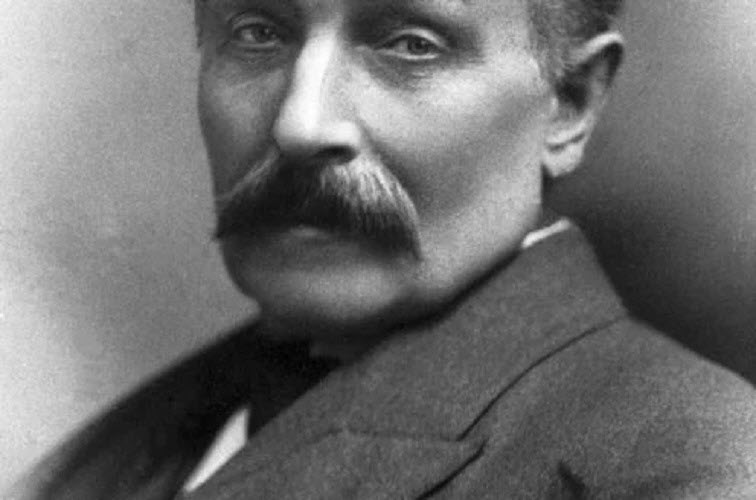Randal Cremer (18 March 1828 – 22 July 1908) was a British politician and pacifist who was awarded the Nobel Peace Prize in 1903 for his work as secretary of the Inter-Parliamentary Union (IPU) and for his role in promoting international arbitration and disarmament.
Life and Career
He was born on 18 March 1828, in Fareham, Hampshire, England. He did not receive a formal education in his childhood. He was born into a working-class family and started working as an errand boy at a young age.
Later, he became a carpenter, and his early experiences as a working-class person shaped his political beliefs and activism.
However, despite his lack of formal education, Cremer was a self-taught man who had a deep interest in politics and social issues.
He was an avid reader and studied political and economic theories on his own. He was particularly influenced by the ideas of the socialist thinker Robert Owen and the writings of the French philosopher Jean-Jacques Rousseau.
He became involved in the labor movement and joined the International Workingmen’s Association, which later became known as the First International. He was also a member of the Social Democratic Federation, and later the Independent Labour Party.
Cremer was elected as a Liberal Member of Parliament (MP) for Haggerston in London in 1885, and he remained in the House of Commons until his retirement in 1908. He was a strong supporter of peace and disarmament, and he worked tirelessly to promote international cooperation and understanding.
He was also a founder and secretary of the IPU, which was established in 1889 to promote peace and cooperation among parliaments and legislators around the world.
In addition to his work with the IPU, he was also involved in many other peace organizations, including the International Arbitration League and the Peace Society.
He was a strong advocate for the establishment of an international court to settle disputes between nations, and he worked closely with other pacifists and peace activists, including Bertha von Suttner, the first woman to be awarded the Nobel Peace Prize.
He died on 22 July 1908, in London, England
Award
He was awarded the Nobel Peace Prize in 1903 for his work as secretary of the Inter-Parliamentary Union and for his role in promoting international arbitration and disarmament. He was the first MP to receive the award, and he used the prize money to establish the Cremer Trust, which was dedicated to promoting peace and social justice.
Cremer’s legacy is that of a dedicated peace activist and champion of disarmament and international cooperation. He believed that war was a barbaric and unnecessary way of resolving conflicts between nations, and he worked tirelessly to promote peaceful means of resolving disputes.

